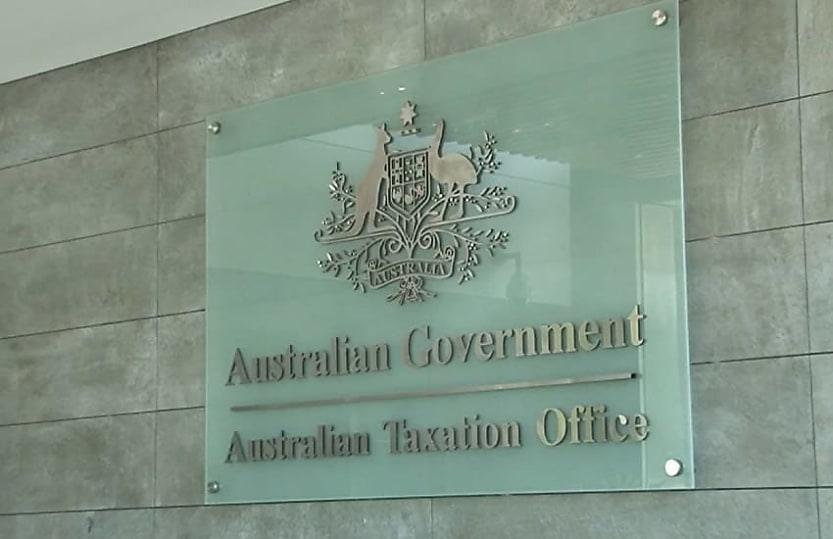ATO software bugs revived ‘false’ on-hold debts

Internal documents show faults in the Tax Office’s automated systems affected over 600 taxpayers and led to 1,083 wrong transactions.
Faulty software used by the Tax Office in its pursuit of on-hold debts affected hundreds of taxpayers and resulted in the raising of “false” liabilities that were incorrectly offset against refunds, internal documents reveal.
Three system bugs impacted 603 taxpayers and led to 1,083 incorrect transactions, according to documents obtained by iTnews under freedom of information laws.
The documents showed the ATO first identified the bugs in July last year and resolved them months later in October after numerous meetings and briefings.
As part of “remediation” efforts, ATO staff were also forced to contact 20 taxpayers “most impacted” by the errors, with refunds withheld 13 times.
A further 60 taxpayers had a “credit sundry” – an unusual or small sum – added to their accounts.
The ATO said it was forced to investigate 250 taxpayers who had a “debit balance” after old debts being re-raised to check whether the balance was miscalculated due to a bug, and the remainder “required further investigation”.
“When uneconomic non-pursuits are being re-raised across multiple periods … the system is re-raising incorrect amounts, leading to some clients being left in a debit position or re-raising more than what was originally non-pursued,” the ATO wrote in an internal briefing in August.
Problems with the ATO’s systems came as it planned to expand its pursuit of old debts previously deemed uneconomical to pursue.
Internal documents obtained by Guardian Australia in February this year showed the ATO sought to raise as much as $15 billion by removing filters on its automated systems.
By June 2023, the ATO had removed four out of five criteria that had previously filtered out old debts if taxpayers were aged over 70, on lower incomes, or if the debts were very old or small.
The on-hold debt campaign involved the sending of thousands of letters to taxpayers and tax agents listing the sums without containing further details of their origins, meaning many would be impossible to verify or take “days of reverse workflow”.
Public outcry and comparisons to the illegal robo-debt scheme prevented the removal of the final exemption that filtered debts placed on hold before 2017.
The campaign was then suspended in February, with the ATO apologising for the “unnecessary distress” it caused.
However, despite the government proposing reforms that would give the ATO discretion to stop offsetting debts from refunds, it said it would not extend that discretion to refund taxpayers who already made repayments.
A spokesperson told iTnews that the ATO took “swift action” to address the bugs and “remediated the issue in under 10 days with no impact on taxpayers”, with its internal documents stating errors were eventually resolved in October.
About the author







